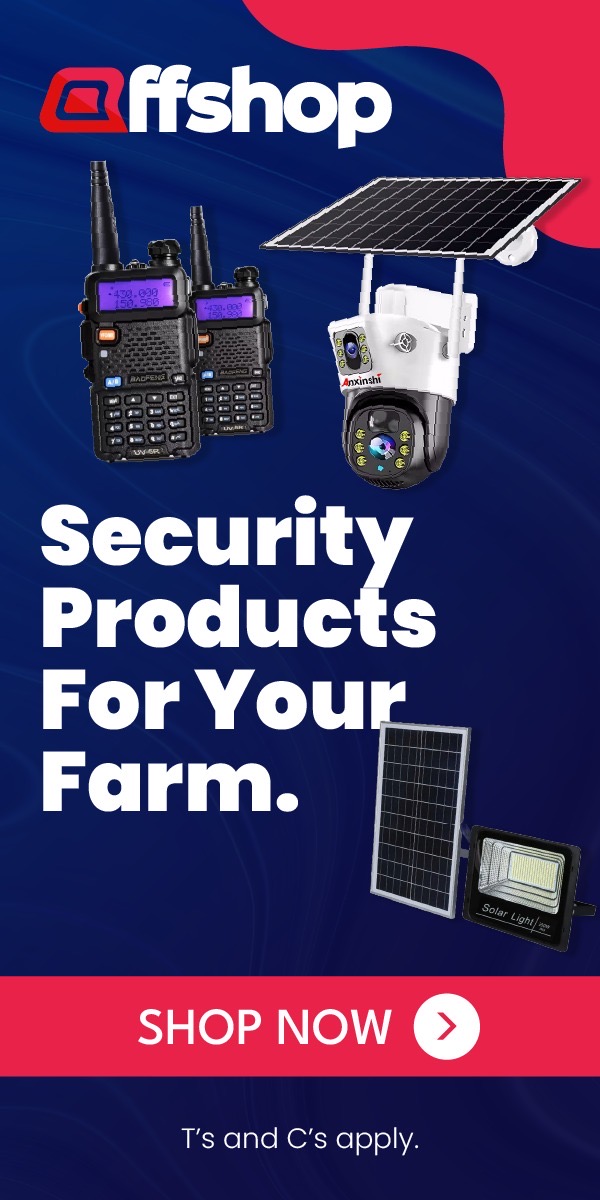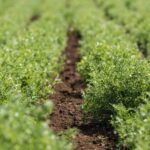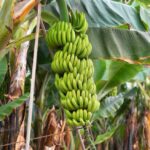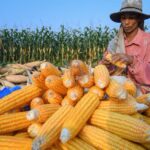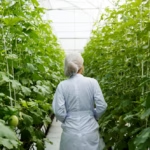With rising concerns about water conservation, efficient land use, and sustainable farming practices, South African farmers are exploring innovative solutions to boost productivity. Two popular methods are aquaponics and hydroponics. While both systems offer unique advantages, understanding their differences can help farmers choose the one best suited to their goals, resources, and climate conditions.
What is Hydroponics?
Hydroponics is a soil-free farming method where plants grow in nutrient-rich water. This system uses precise amounts of fertilizers to feed plants directly through their roots. Common crops include lettuce, spinach, strawberries, and tomatoes.
Advantages of Hydroponics:
- Water Efficiency: Uses up to 90% less water compared to traditional farming.
- Faster Growth: Nutrient delivery speeds up plant development.
- Space-Saving: Ideal for small farms or urban areas.
- Scalability: Easy to set up on a small or large scale.
- Minimal Labor: Requires less manual labor once automated.
Challenges:
- Relies on chemical fertilizers.
- Vulnerable to power outages affecting water pumps and nutrient delivery.
- Higher upfront setup costs.
What is Aquaponics?
Aquaponics combines aquaculture (raising fish) with hydroponics. Fish waste provides natural nutrients for plants, and in return, plants purify the water for the fish. Crops like herbs, leafy greens, and even fruiting plants thrive in this system.
Advantages of Aquaponics:
- Sustainable: Reduces dependence on chemical fertilizers.
- Dual Income Streams: Farmers can sell fish and produce.
- Eco-Friendly: Creates a closed-loop system with minimal waste.
- Natural Pest Control: Healthier plants tend to resist pests better.
Challenges:
- Requires skill to balance fish and plant needs.
- Higher maintenance due to managing fish health and water quality.
- Fish species must be suited to South Africa’s climate and water regulations.
Key Factors to Consider
- Water Availability: Both systems save water, but aquaponics might require more due to the fish.
- Startup Budget: Hydroponics is simpler and generally cheaper to establish.
- Expertise: Hydroponics is easier for beginners, while aquaponics demands knowledge of aquaculture.
- Market Demand: If there’s a local demand for fresh fish, aquaponics offers a competitive edge.
- Climate: Both systems can thrive in South Africa’s diverse climate with proper greenhouse setups.
Which Is Better?
The choice between aquaponics and hydroponics depends on your priorities.
- Choose Hydroponics if you want a straightforward, low-maintenance system for growing crops quickly.
- Choose Aquaponics if sustainability and diversifying your income streams appeal to you.
Both systems represent the future of farming, especially in water-scarce regions like South Africa. By carefully assessing your resources and goals, you can implement a system that boosts productivity while conserving the environment.



